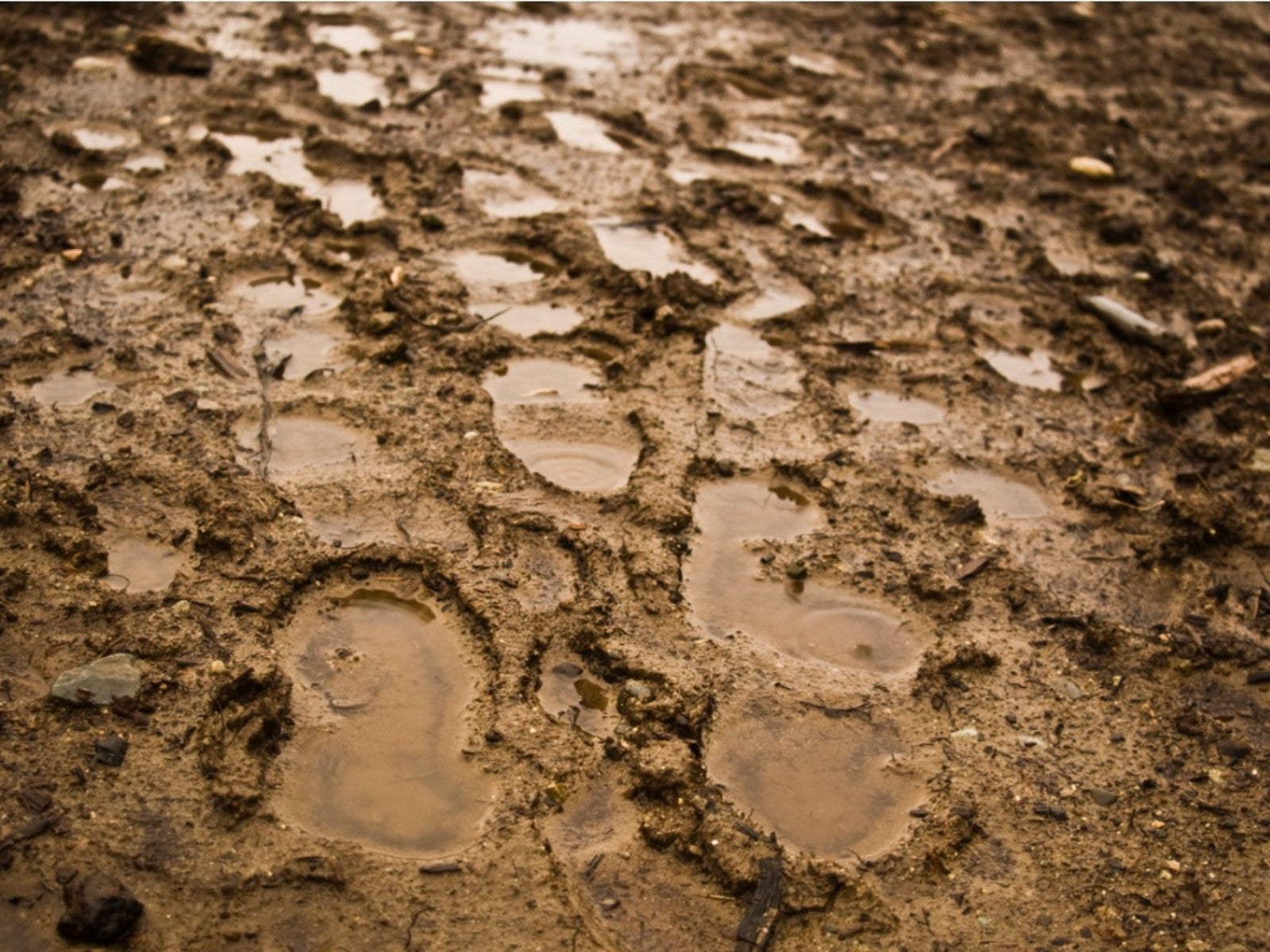Preventing Soil Compaction: How To Fix Compacted Soil In The Garden


Sign up for the Gardening Know How newsletter today and receive a free copy of our e-book "How to Grow Delicious Tomatoes".
You are now subscribed
Your newsletter sign-up was successful
Soil compaction is a real problem in some gardens. If the soil is too dense with little air space, plants will not grow as well. There are compacted soil fixes, but the best option is to take steps to prevent it and keep soil loose and healthy.
What is Soil Compaction?
Soil compaction occurs when the soil is dense and closely packed together with minimal pore space. Healthy soil should be half soil—sand, silt, minerals, clay, organic matter—and half pore space.
There are several issues with trying to grow plants in compacted soil:
- Tilling and digging in compacted soil is difficult.
- Plants can’t develop as robust a root system as they would in looser soil.
- The soil doesn’t absorb water as well, and it tends to pool.
- Minimal pore space in compacted soil restricts oxygen absorption.
- Earthworms cannot break down as much organic matter in compacted soil.
How Does Soil Get Compacted?
Soil compaction results from over-tilling, working the soil when it’s wet, compressing soil with weight, like a parked car or a lot of foot traffic, and adding sand to clay soils. The latter seems like it would loosen the soil, but it actually makes compaction worse.
Natural processes also compact soil. Soils rich in clay are inevitably more vulnerable to compaction. The smaller particles fit together tightly, preventing the formation of pore space.
How to Fix Compacted Soil
The best way to fix this problem is, of course, to prevent it happening in the first place if possible. Ways to reduce soil compaction include:
- Avoiding foot traffic by staying out of beds as much as possible.
- Using minimal equipment in the garden, or using the smallest possible machine needed for a job.
- Avoiding working with soil when it’s wet.
- Using mulch to allow more water to filter through the soil. Mulch can also prevent some compaction in high-traffic areas.
Other compacted soil fixes are also possible but are more work. It’s best to take preventative steps. If you do have an issue with compacted soil, try amending it with compost. Avoid adding sand. Compost is a better fix. The organic materials both break up the soil and attract worms and microorganisms that will further break it down.
Sign up for the Gardening Know How newsletter today and receive a free copy of our e-book "How to Grow Delicious Tomatoes".
You can also try aerating the soil. This is best for turf. It will prevent thatch from accumulating and allow water and oxygen to get to grass roots.
For larger gardens, consider growing a cover crop at the end of the growing season. You can turn it into the soil in early spring to help loosen it and add nutrients.

Mary Ellen Ellis has been gardening for over 20 years. With degrees in Chemistry and Biology, Mary Ellen's specialties are flowers, native plants, and herbs.